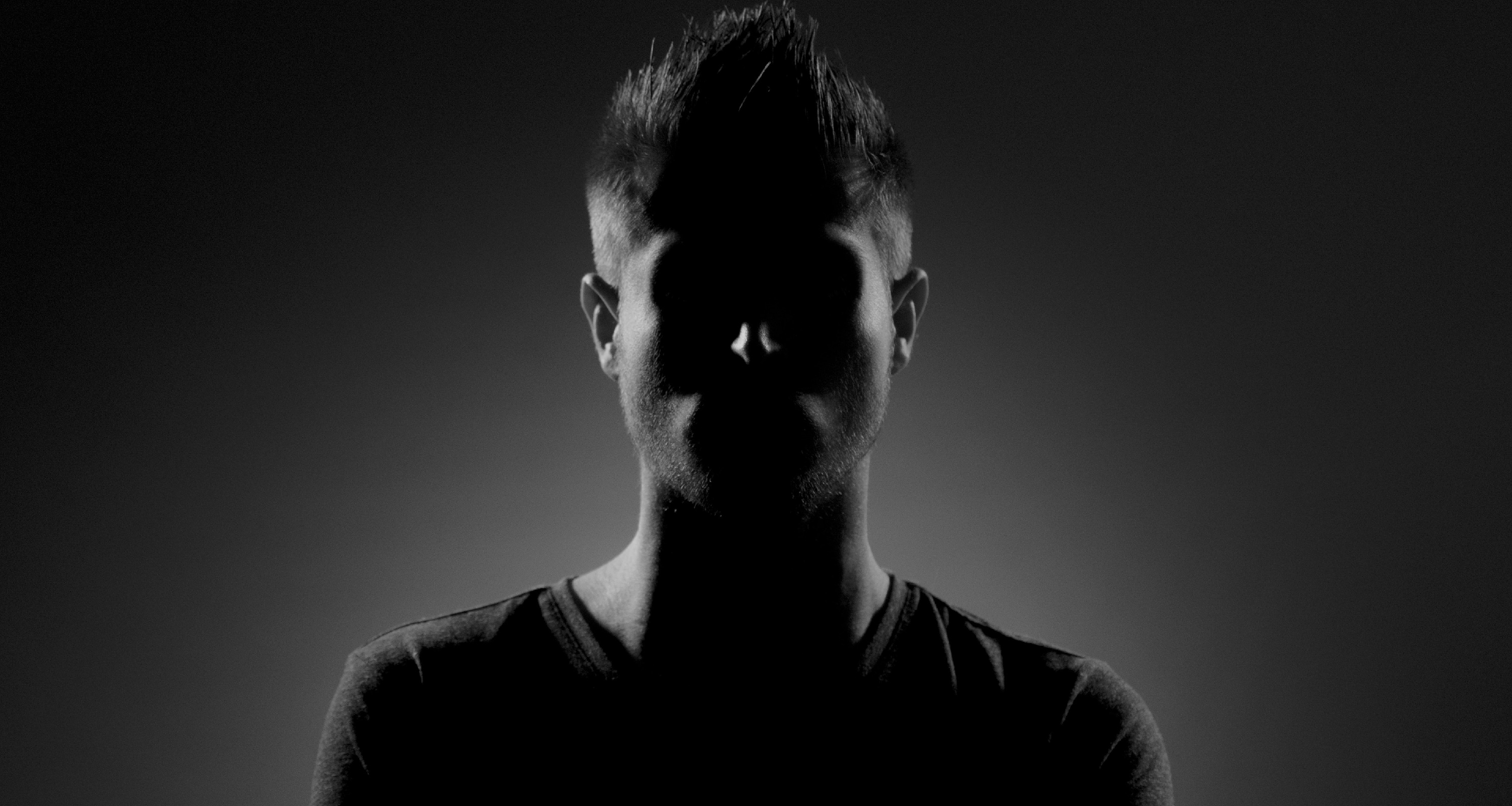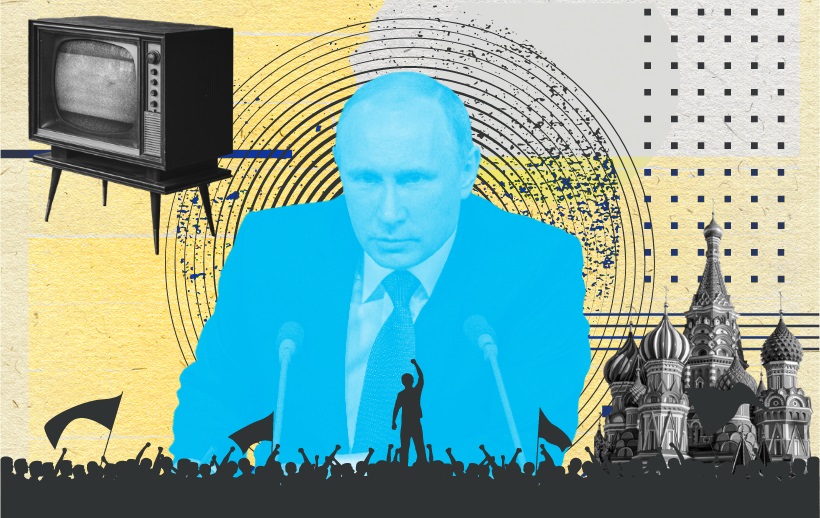‘It’s hard to live with this feeling’: Gay Moscow man making Russian state propaganda speaks out
Sergey* tells Attitude about his life as a closeted gay man and Russian propagandist in Moscow.
By Will Stroude

As told to: Jamie Tabberer; Image: Photo by Arthur Chauvineau on Unsplash (posed by model)
I used to work in fashion and cinema PR, then I changed to state television. Right now, I’m making propaganda — content to support the Russian invasion of Ukraine, or the ‘special operation’, as Putin calls it.
I stand against the war, as do my friends and family. But I must — is that the right word? — work for the other side, that of evil. Recently, I had to do a presentation on why Ukraine is a Nazi country; that evening I shared news of Russian army crimes with loved ones.
I feel really, really bad, and absolutely exhausted. It’s hard to live with this feeling. But I could go to prison for 15 years for speaking out against the war. So, it’s about self-censorship, self-control. It’s important to understand that although it’s far more difficult for people in Ukraine, for Russians who oppose the war, it’s stressful as well.
I don’t know what I’m going to do, where to go, or what work I’d do. It’s hard to find a new job. I want to leave the country, but I was born in Moscow and still live here with my parents. I’m in my late 30s, they’re getting older; I worry I’d never see them again. I’m also single: it’s easier to make these decisions when you’re not alone. I have no money and, currently, no passport. Besides, we can’t use our Russian bank accounts abroad due to sanctions, which is a problem for those who have left.
A lot of my friends have gone — many of them are gay. Some have even moved to anti-LGBTQ+ countries like Georgia and Uzbekistan. Russian journalist and gay rights activist Anton Krasovsky stayed. He is one of our few public figures who is out, but he’s aggressively pro-war and has said cruel things about Ukraine.

I try to stay optimistic. The rumour here is the war’s going very badly for the Russian army, but I fear Putin and this regime will stay in power for years. We’re told that 80 per cent of Russians support the war. I don’t believe that figure but I do think it’s the majority. That’s why I don’t fear mass mobilisation, where we’re all enlisted as reservists. This idea is very unpopular; the government knows they’ll lose support.
As an LGBTQ+ person, I’m afraid, but I’m used to living with various risks. I’m secretive about my sexuality at work, and apply a ‘don’t ask, don’t tell’ policy to all personal matters. (I’ve told colleagues I “used to have a girlfriend”. That’s true — I had one 20 years ago!)
I worry about the situation getting worse for my community. Queer sex was legalised in Russia in 1993, and in the late 90s and 00s, it was much freer. But over the past 10 years, although there are still many gay clubs in the centre of Moscow, Russia has become more and more traditional and authoritarian, especially since the introduction of the Purpose of Protecting Children from Information Advocating for a Denial of Traditional Family Values act, known as the ‘gay propaganda law’.
Still, here in Moscow — as long as you’re not open about your sexuality in public, or are, on some level, in the closet — it’s more or less fine to be homosexual. At least, compared to Russia’s Muslim-majority regions and Chechnya, a republic of Russia, where LGBTQ+s have been abducted, tortured and killed in recent years as part of an anti-gay purge. I hope what’s happening doesn’t spread across Russia, but there have already been cases of Chechnyan special forces capturing people in other Russian regions, including gays.
I have hope. I still feel like a European. I believe Russia is part of the West and that society here is more tolerant than people realise. It might sound unrealistic now, but I hope in 10, 20 or 40 years, we can make the same journey as Spain, which went from conservative to liberal. But I’m almost 40. I probably won’t get to enjoy this future Russia.
*Names and identifying details have been changed
The Attitude July/August issue is out now.
